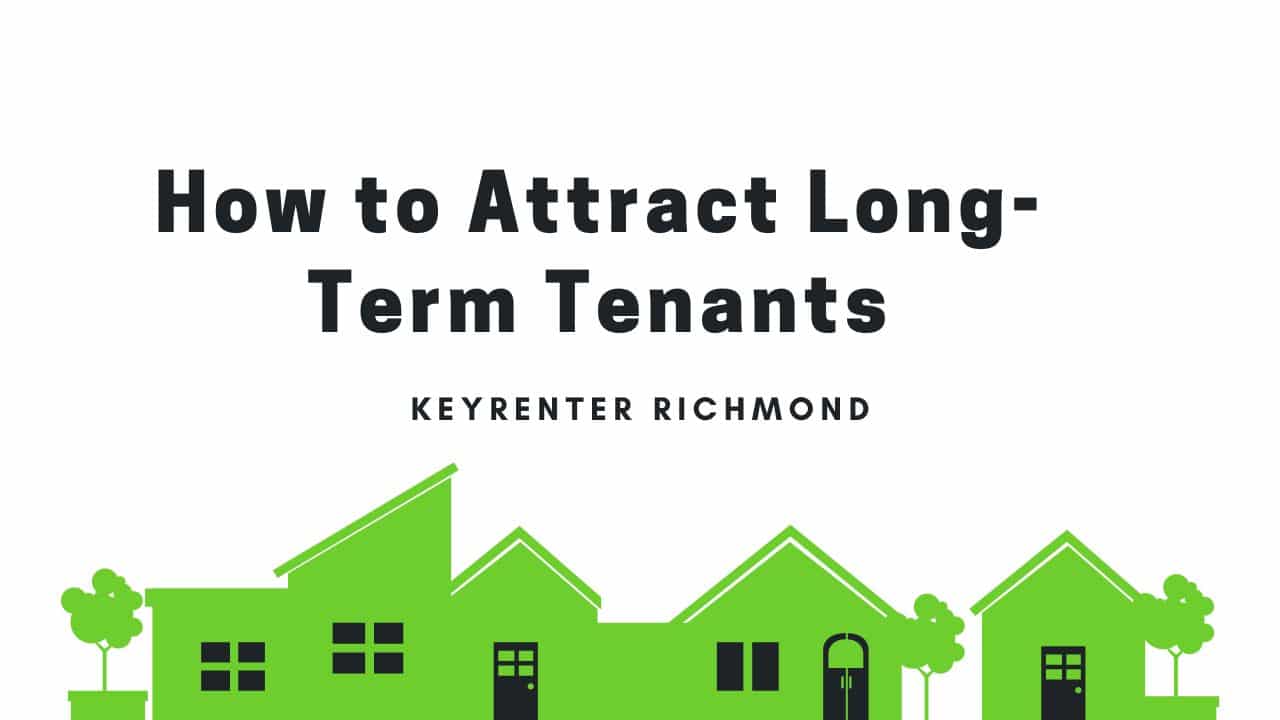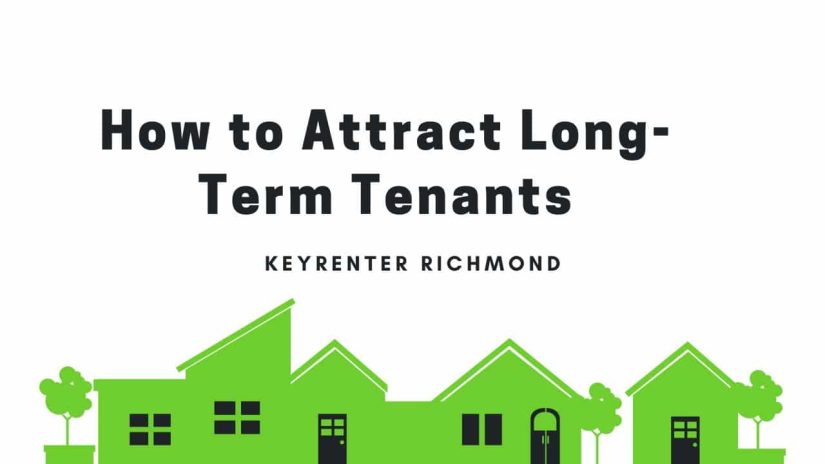
**Navigating Increasing Rent Expenses: Practical Approaches for Franchises in a Shifting Economic Climate**
In today’s dynamic economic landscape, businesses—particularly multi-unit franchises—are facing the challenge of rising expenses while aiming to uphold profitability. Factors like inflation, technological progress, higher payroll costs, taxes, and inventory expenses are transforming franchise operations. However, a frequently neglected strategy to address these difficulties is the proactive management of lease portfolios. This article delves into actionable strategies for alleviating rental costs while preserving franchise profitability, from tackling increasing rents to strategically renegotiating lease terms.
—
### **The Escalating Issue of Rent Expenses in the United States**
Over recent decades, rental rates in the United States have consistently risen to unprecedented heights. For franchises with multiple locations, the task of managing soaring rent costs across different properties has become a major obstacle, particularly in high-tax states such as Texas. Often, supplementary expenses like triple net (NNN) leases—which encompass taxes, insurance, and property upkeep—lead to exorbitant rent prices. For instance, businesses in certain Texas regions now face tax expenses reaching $15 per square foot, complicating rent negotiations further.
The repercussions of climbing rents on profit margins are significant. Nevertheless, rather than resigning to surging rents as a unavoidable operating cost, franchises have a variety of strategies they can adopt to mitigate their financial impact.
—
### **Strategies for Managing Rent Reductions**
Here are essential strategies that franchises can implement to control and potentially lessen escalating rental expenses throughout their holdings:
—
#### **1. Uncover Hidden Costs with Your Landlord**
Being transparent is crucial in landlord negotiations. For tenants, identifying and highlighting hidden costs within a lease agreement—such as taxes and maintenance charges—can enhance negotiating leverage.
By delineating the indirect costs tenants encounter beyond basic rent, landlords may gain a deeper insight into the financial pressures tenants face. For example, tenants in NNN leases frequently shoulder the weight of increasing property taxes and unexpected maintenance expenses. Addressing these realities with your landlord during lease negotiations can facilitate improvements in terms, including possible rent reductions or adjustments.
—
#### **2. Take Initiative in Lease Renewals**
Many franchises inadvertently place themselves under prolonged financial pressure by accepting rent increases connected to a fixed annual percentage or tied to the Consumer Price Index (CPI). While these escalation clauses may appear manageable at first, their cumulative effect often results in significantly increased expenses over time.
To mitigate these rising costs, franchises should actively engage in the lease renewal stage. Rather than passively opting for automatic renewals, initiate negotiations well ahead of the current lease term expiration—ideally at least one year prior. Early discussions regarding renewal allow for reevaluation of rental terms according to current market conditions, ensuring better financial predictability, and averting unnecessary hikes.
Moreover, when feasible, pursue renegotiation of existing contracts to eliminate fixed-percentage or CPI-linked annual escalations. By establishing rent increases aligned with mutually agreed-upon limits or flat adjustments, franchises can avert unpredictable cost rises.
—
#### **3. Shut Down Non-Profitable Locations**
Although it may seem counterintuitive, closing underperforming locations is often necessary to guarantee overall portfolio profitability. For some franchises, maintaining a consistently low-performing site siphons resources from more successful units.
If closure appears to be the best course of action, maintaining transparency with the landlord is vital. Franchise operators should present clear evidence regarding the site’s financial difficulties, illustrating the unsustainability of the space under current rental terms. To achieve a cordial lease termination, consider proposing termination fees that encompass three to six months of rent, additional compensation for each remaining year on the lease, and any outstanding arrears. By offering a well-structured exit plan, landlords may be more amenable to the proposal.
—
### **Utilizing Expertise and Technology for Lease Management**
For larger franchises managing multiple properties, overseeing leases can be challenging. This is where lease management software and legal professionals can be beneficial. Tools that centralize lease information can assist franchises in spotting cost trends, identifying unfavorable lease conditions, and monitoring renewal deadlines. Moreover, attorneys and rent managers specializing in commercial leases can aid in formulating sound strategies, such as renegotiations based on market standards or restructuring existing leases.
—
### **Final Thoughts**
Reducing rent is an effective approach to safeguard your franchise’s profitability in the face of increasing operational costs. By applying strategies such as maintaining transparency with landlords, being proactive in lease renewals, and closing non-performing locations, franchises can more effectively manage rent throughout their portfolios. In a swiftly evolving economic climate, franchises that align rising expenses with informed choices will be better positioned for sustainable growth.
With a clear and strategic plan in action, franchise operators can ensure not only their survival but also prosperity in today’s challenging economic environment. Take command of your lease portfolio, negotiate strategically, and make decisions rooted in a
